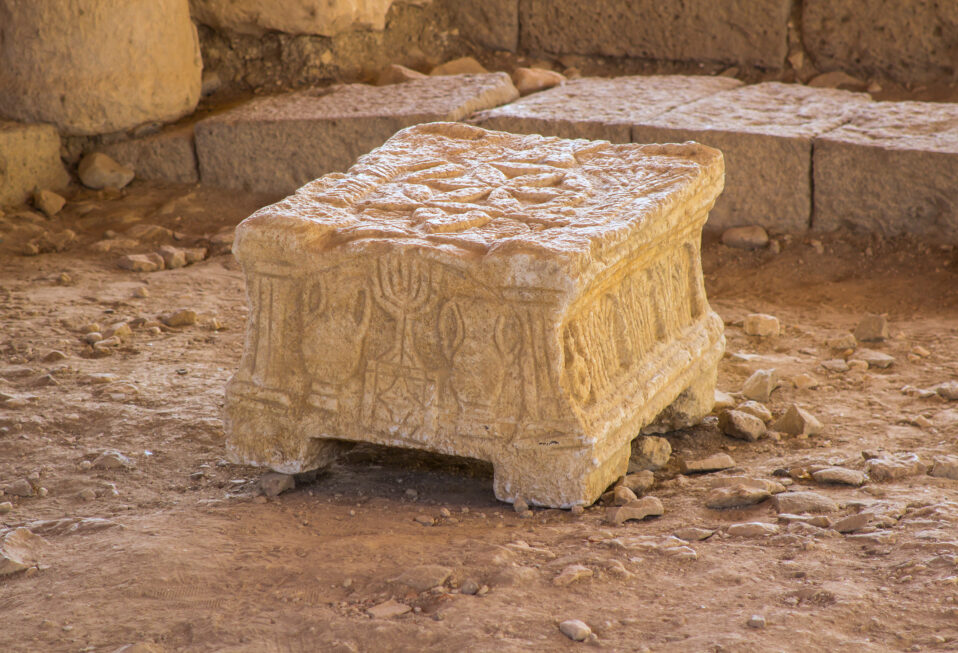Archaeology by itself can neither prove nor disprove the Bible. But archaeology does help us understand the world of the Bible, daily life, culture, and religious practices. The field of archaeology makes it possible to discover and study the material culture of people in a specific time and place.
The Bible conveys peoples’ interaction with God in time and place, which does not show up in the archaeological record. Archaeology can help us interpret details of the Bible. It can widen our understanding of the biblical world. It can even offer correction to our interpretations. But it cannot prove the faith claims of the Bible. That’s not its purpose.
Archaeology has advantages and limitations. Yet archaeological discoveries must be interpreted. Archaeologists do not excavate an entire site. Finds undergo comparison with other excavations, and the material remains are interpreted, just as a written text.
Archaeology adds new evidence and information to help us reconstruct the biblical world. It helps us understand the daily lives of ancient peoples. It can enable us to visualize objects mentioned in the Bible and life as described by the Bible. It can assist us in illuminating sections, sometimes difficult, within the Bible. We can see the people of the Bible come alive as real people who used tools, weapons, farmed, raised families, buried their dead, and worshipped their God/gods. Archaeology does supplement written records, like the Bible.
At the same time, archaeology has limitations. The physical artifacts excavated by archaeologists are fragmentary. More artifacts remain buried than have been uncovered. Even if we uncovered everything to be found, archaeology could not find enough material remains to fully reconstruct daily life in the biblical world.
When excavators uncover artifacts from the earth, they are mute and silent. They must be interpreted, and all interpretations are subjective. For example, someone setting out to prove his or her theory about the Bible has a built-in bias one way or the other, which can impact how they interpret the finds. Because archaeology deals with physical remains, it cannot prove or disprove theological statements.
Archaeological methods continue to change as technology and archaeological processes improve and evolve. Archaeologists can study things today within a site they could not twenty or thirty years ago. This allows new study and questions. But archaeology is a science of destruction; therefore, once something has been excavated a certain amount of data has been destroyed. Future generations cannot return and rediscover or restudy what was destroyed. For this reason, older excavations have inherent limitations and should be used with care.
Archaeology sheds light on the world of the Bible. It provides crucial information for us to understand the past. We should not overstate its possibilities, however. Neither should we use it as a tool to prove or disprove the Bible. But as a tool to enter the world of the Bible, it is invaluable.
Marc Turnage is President/CEO of Biblical Expeditions. He is an authority on ancient Judaism and Christian origins. He has published widely for both academic and popular audiences. His most recent book, Windows into the Bible, was named by Outreach Magazine as one of its top 100 Christian living resources. Marc is a widely sought-after speaker and a gifted teacher. He has been guiding groups to the lands of the Bible—Israel, Jordan, Egypt, Turkey, Greece, and Italy—for over twenty years.
Website: WITBUniversity.com
Facebook: @witbuniversity
Podcast: Windows into the Bible Podcast




Post a comment